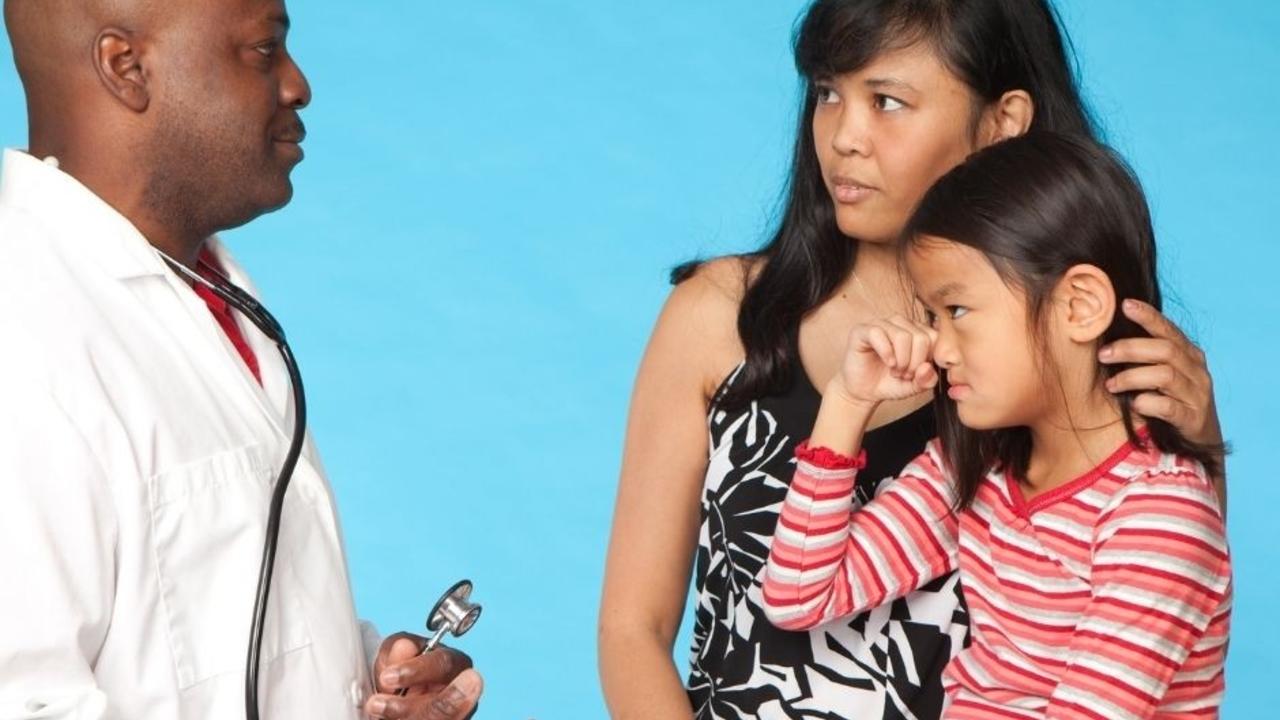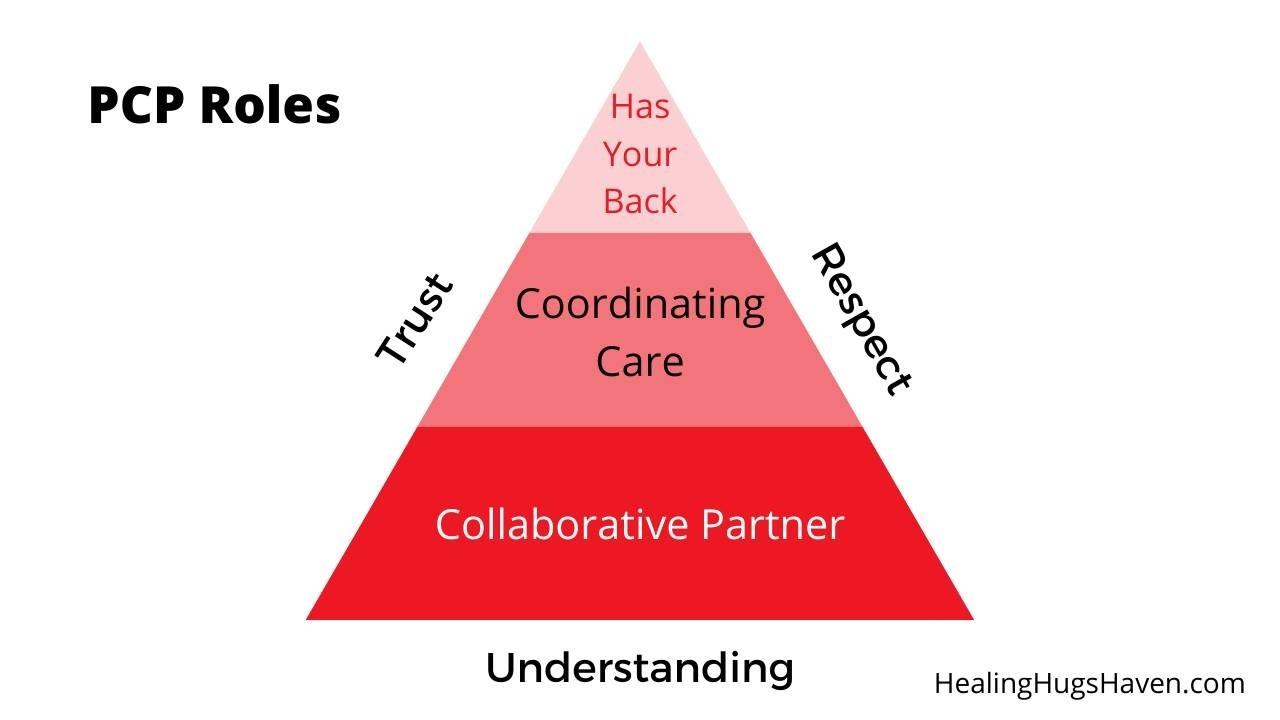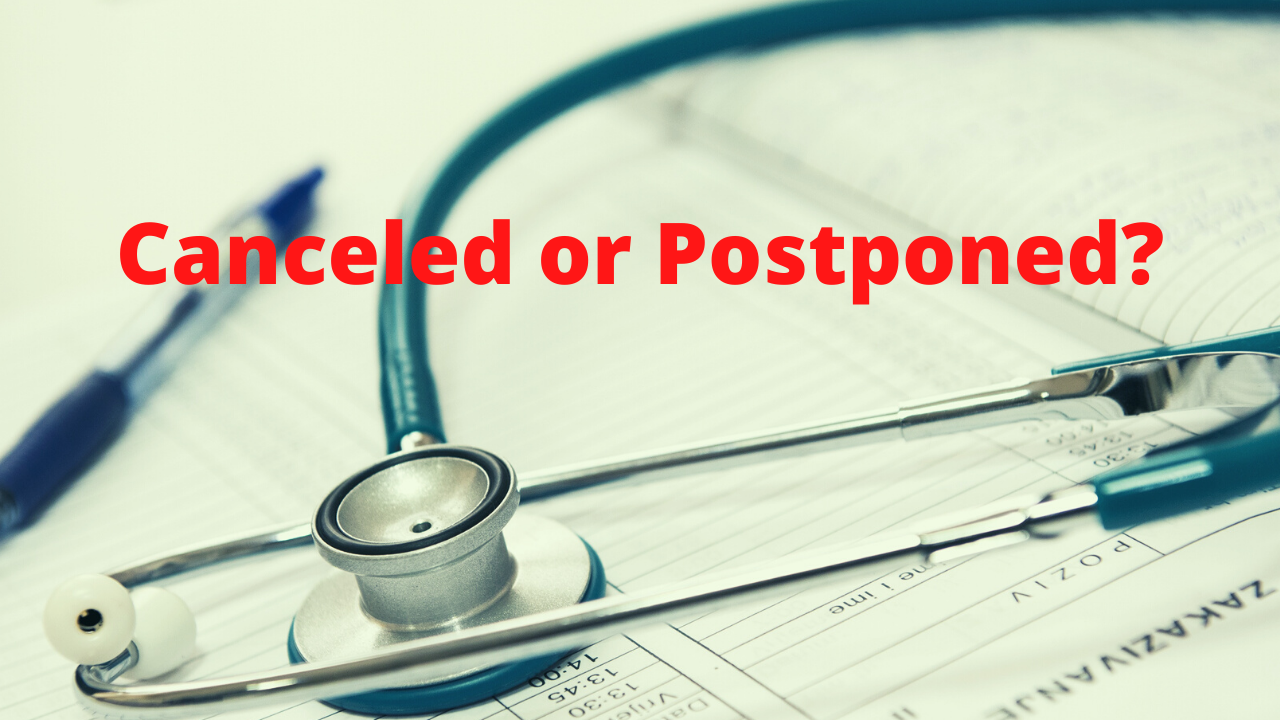3 Ways to Report a Doctor

After dealing with chronic pain due to spine issues, Dr. L, my pain medicine doctor, wanted me to see Dr. S, a surgeon, to see if I needed surgery. Dr. L had been the bright light in my life after I took a fall from my horse and broke 4 vertebrae. He listened, validated my symptoms and concerns, and wanted to know what I felt I needed.
Dr. S was your typical surgeon with little to no interpersonal skills, rushing in, and jumping into his side of the conversation before I was able to get a word in. He looked at my imaging for two minutes, told me there was nothing he could do for me. So far, so good....
He then went into a tirade about how pain meds were evil, that I needed to stop them immediately, and just get on with my life. Go ride your horse and stop worrying about your pain.
With tears streaming down my face, I left the office feeling not only hopeless but ashamed that I needed pain meds.
I wanted to report him and tell everybody how terrible he was.
But, other than be...
Why It’s Important to Disagree With Your Doctor

Raise your hand if you have ever disagreed with a doctor?
Maybe I should ask how many doctors have you not disagreed with?
How many doctors are happy when you disagree with them?
It can be hard, especially for those us who don’t like conflict, to speak up and disagree with our doctors but let’s talk about why it is so important.
You are the Controlling Partner
Ideally, our relationship with our doctor is a partnership where we work together toward the same goal but even partners disagree. Disagreements may occur on the goal, testing, diagnosis, or which treatment to be used.
The best partnerships build off the strengths of each of the partners. In this case, you are the expert on your body - what you experience, how it reacts, and your goals. Your doctor is an expert on medicine (in general) - their understanding of the disease, diagnosis, and treatment.
So, as the controlling partner in this partnership, it is critical that you speak up when there are things that you ...
How Does Your PCP Measure Up?

Your PCP refers you to a specialist, let's say they are a headache specialist named Dr. H (for headache), to get help with your migraines that are common with your rare disease. Dr. H has no experience with your rare disease but is a headache specialist.
After seeing Dr. H, your PCP shares with you Dr. H decided that you don’t really have migraines and that you are a drug seeker.
Now what?
We all know that our PCP’s are helpful when we have strep throat or need a referral to a specialist. But to be fully supported there are additional roles that are critical for your PCP to be engaged and willing to perform.
1. Collaborative Partner
“Collaborative Partner - two or more parties engaged and working together on the same activity”
How many times have you brought up an issue only to have your PCP dismiss it and move on to their next item?
You are the main stakeholder in this relationship. It’s your health, your health care, and your life.
You are the expert on your ...
Uncharted Territory - Doctor's Appointments in the time of COVID-19

Getting rare disease care has never been easy but with the coronavirus outbreak, it has become even harder. Clinics are closing, surgeries are being rescheduled and long-awaited appointments are being postponed.
Many of you may have had things canceled or postponed. As disappointing as this is, it is important to realize that this is being done to help our medical system handle the coronavirus outbreak from a logistic point while also trying to optimize your safety as well.
Your doctor, their clinic and/or hospital will be following recommendations by the CDC (Center for Disease Control) and ACS (American College of Surgeons) along with careful consideration of your specific medical case to decide what can and should be rescheduled.
Our doctors were struggling to survive in a broken medical system before but now they are entering the totally unchartered territory of providing medical care during a pandemic. The medical system is being stressed beyond anything that it ha...
What You Should Know About the Chief Complaint

If you have been seen at a teaching hospital you have likely been seen by a medical student or resident prior to seeing the (attending) doctor. They meet with you first and their job is to take your history and present it to the doctor. Sometimes it goes well but too often it ends up a bit like a game of telephone where your original message is distorted and garbled when it gets to the doctor.
Let's look at one aspect of what is going on here and why things sometimes go awry.
Chief Complaint
Have you ever thought about the process or framework a doctor uses to get information from you in an interview? Did you know that they are all taught this framework, the medical interview, in medical school and they continue to use it throughout their career?
...
6 Ways a Medical Appointment Is Like a Job Interview

You’ve probably heard the advice that you should write down questions for your doctor before an appointment but that is usually not enough when you are dealing with a rare or complex disease. Did you know that doctors are taught a ‘medical interview’ that they use as the framework of your appointment? By approaching your appointment like you would a job interview, you can learn how to better communicate and collaborate with your doctor, resulting in a stronger relationship and better care for you.
Let’s look at the way an appointment or ‘medical interview’ is similar to a job interview.
-
You need to be prepared and ready to answer the questions that are being asked.
You have probably been asked the typical interview questions like ‘What are your strengths?’ or ‘Where do you see yourself in 5 years?’ The first time you heard them, you may have stumbled and stammered a semi-intelligible answer. But, you quickly figured out the game and knew to expect those questions so you p ...


